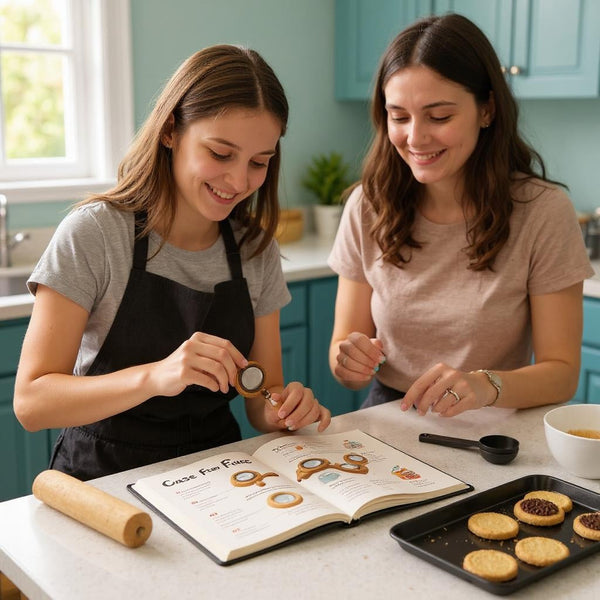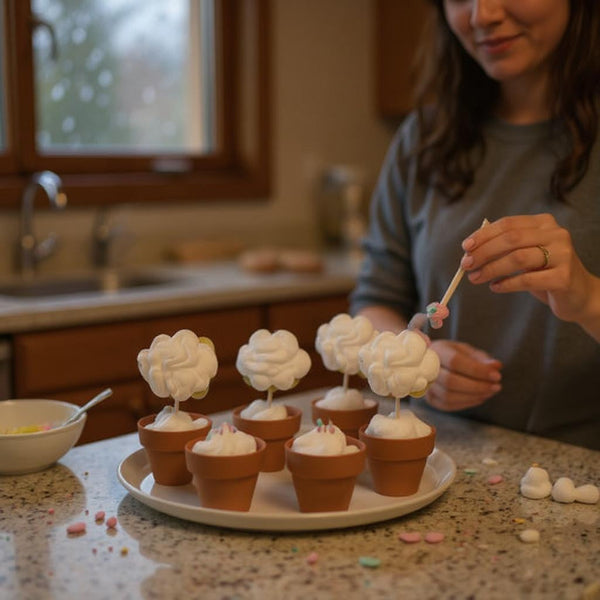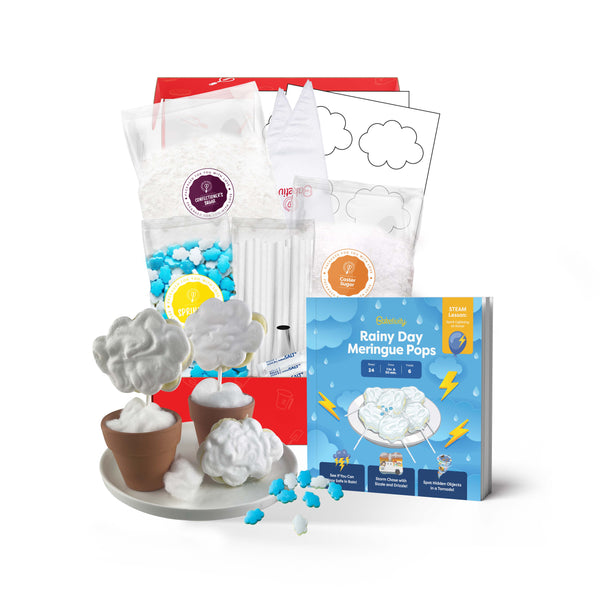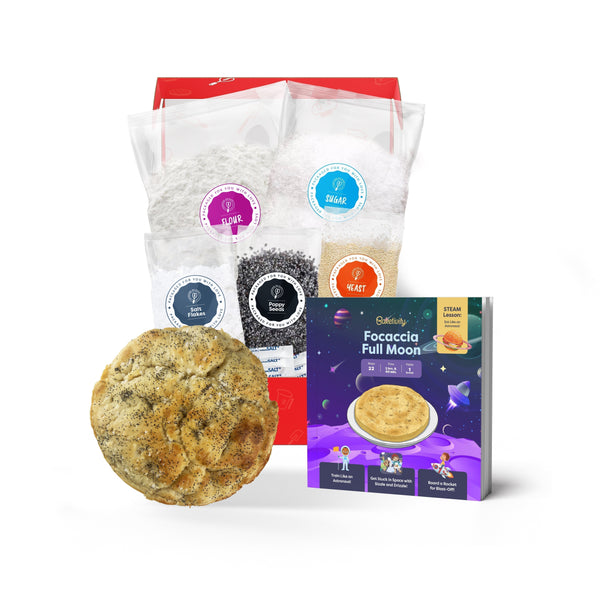Deciding whether to homeschool or send your child to public school is an important decision that many parents face. Both options have their pros and cons, and it's crucial to consider various factors to determine what is best for your child's education and overall well-being. In this article, we will explore the basics of homeschooling and public school education, compare the two, and provide guidance on how to make the right decision for your child.
Understanding the Basics of Homeschooling
Defining Homeschooling
Before diving into the comparison, it's essential to understand what homeschooling entails. Homeschooling is an educational approach where parents take on the responsibility of teaching their children at home. It provides an alternative to traditional public or private school education, allowing parents to customize the curriculum and tailor lessons to their child's needs and learning style.
Homeschooling is a growing trend that offers a unique educational experience for families. It allows for a more personalized and flexible approach to learning, catering to the individual needs and interests of each child. Parents can create a nurturing and supportive environment where children can thrive academically and emotionally.
The Structure of a Homeschooling Day
Unlike public schools with fixed schedules and classroom environments, homeschooling offers flexibility in structuring the day. Parents can create a personalized routine that suits their child's learning preferences and family dynamics. This flexibility allows for individualized attention, allowing children to learn at their own pace and delve deeply into subjects that interest them.
Furthermore, homeschooling provides the opportunity for hands-on learning experiences outside of traditional classroom settings. Field trips to museums, nature reserves, and historical sites can enhance a child's understanding of various subjects and spark their curiosity. These real-world experiences can make learning more engaging and memorable for students.
Common Misconceptions About Homeschooling
When considering homeschooling, it's crucial to address common misconceptions. Some believe that homeschooled children lack socialization opportunities or that parents may not have the necessary expertise to teach effectively. However, homeschooling communities provide ample social interaction through co-op classes, extracurricular activities, and participation in community events. Additionally, parents can seek support from online resources, local homeschooling organizations, and specialized curriculum materials.
Moreover, homeschooling allows for a more tailored and focused approach to education, enabling parents to identify and nurture their child's strengths and interests. By leveraging a variety of resources and teaching methods, parents can create a well-rounded educational experience that prepares their children for future academic success and personal growth.
Delving into Public School Education
What is Public School Education?
Public school education is the traditional path that most children follow. It involves enrolling your child in a local public school where they attend classes with peers and are taught by certified teachers. Public schools typically follow a standardized curriculum approved by the respective school district or educational department.
Public school education plays a crucial role in shaping the future of young minds. It not only imparts academic knowledge but also instills values such as teamwork, discipline, and critical thinking. Students in public schools have the opportunity to interact with a diverse group of peers, fostering a sense of community and understanding of different perspectives.
The Typical Public School Day
The structure of a public school day is predetermined, with students attending classes for fixed periods and following a set curriculum. This structure provides children with a routine and exposure to a diverse range of subjects. Students get opportunities to interact and collaborate with classmates, fostering social and emotional development.
Moreover, public schools often incorporate extracurricular activities such as music, art, and drama into their daily schedules. These activities not only enhance students' creativity and talents but also promote a well-rounded education that goes beyond traditional classroom learning. Public schools strive to create a holistic learning environment that caters to the varied interests and strengths of students.
Debunking Myths About Public School Education
Contrary to popular belief, public schools are equipped to provide quality education. Teachers undergo extensive training, and the curriculum is designed to meet educational standards. Public schools also offer a wide range of extracurricular activities, sports teams, and clubs, providing students with opportunities to explore their interests outside of the classroom.
Comparing Homeschool and Public School
Academic Performance in Homeschool vs Public School
One of the main concerns when choosing an educational path is academic performance. Studies have shown that homeschoolers tend to perform at or above grade level compared to their public school counterparts. However, it's important to note that individual outcomes may vary based on the level of parental involvement, teaching methods, and available resources.
Furthermore, homeschooling allows for a more personalized approach to learning. Parents can adapt teaching methods to suit their child's learning style, pace, and interests. This individualized attention can lead to a deeper understanding of concepts and a more enriched educational experience.
Socialization Differences Between Homeschool and Public School
Socialization is another aspect to consider when deciding between homeschooling and public school. While public schools offer an immediate social environment with a diverse group of peers, homeschoolers can also engage in social activities through homeschool co-ops, community classes, and extracurricular groups. Both options provide opportunities for children to develop social skills and build lasting friendships.
Moreover, homeschooling can foster unique socialization experiences. Without the constraints of a traditional classroom setting, homeschoolers have the opportunity to interact with individuals of various ages, backgrounds, and interests. This diverse social exposure can cultivate strong communication skills and a broader perspective of the world.
Flexibility and Personalization: Homeschool vs Public School
Flexibility and personalization are significant advantages of homeschooling. Parents can tailor the curriculum to their child's strengths, weaknesses, and interests. Homeschoolers have the freedom to explore topics in-depth and devote more time to subjects they enjoy. On the other hand, public schools provide a structured environment that fosters discipline, time management, and exposure to a wider range of subjects.
Additionally, the flexibility of homeschooling extends beyond academics. Families can schedule vacations during off-peak times, take field trips to enhance learning experiences, and adjust daily routines to accommodate individual preferences. This adaptability can create a more relaxed and conducive learning environment for students to thrive in.
Making the Decision: Factors to Consider
Assessing Your Child's Learning Style
Understanding your child's learning style is crucial when deciding between homeschooling and public school. Some children thrive in self-paced, independent learning environments, while others benefit from the structure and routine provided by traditional schooling. Consider your child's strengths, weaknesses, and preferences to ensure their educational needs are met.
Evaluating Your Family's Lifestyle
Consider your family's lifestyle and daily commitments when making this decision. Homeschooling requires a significant time commitment from parents, whereas public schools relieve parents of the direct responsibility of teaching. Take into account your family's work schedule, extracurricular activities, and any other commitments that may impact your ability to dedicate time to homeschooling.
Considering Your Child's Social Needs
Socialization is a vital aspect of a child's development. Consider your child's social needs and preferences. If your child thrives in a large social environment and enjoys interacting with peers regularly, public school may be a better fit. However, if your child prefers a smaller social setting or has special social needs, homeschooling can provide a nurturing environment tailored to their requirements.
Furthermore, it is important to recognize that homeschooling offers unique opportunities for socialization. Contrary to popular belief, homeschooled children have ample opportunities to interact with peers. They can participate in co-op classes, community sports teams, and extracurricular activities such as art classes or music lessons. Additionally, homeschooling allows for more flexibility in scheduling playdates and outings with friends, enabling children to develop meaningful relationships in smaller, more intimate settings.
Moreover, homeschooling provides the opportunity for personalized attention and one-on-one instruction. In a traditional classroom setting, teachers often have limited time to address individual students' needs. However, when homeschooling, parents can tailor the curriculum to their child's specific learning style, pace, and interests. This individualized approach fosters a deeper understanding of the material and allows for a more comprehensive educational experience.
In conclusion, when deciding between homeschool and public school, it is essential to weigh the benefits and drawbacks of each option. Consider your child's academic and social needs, your family's lifestyle, and your ability to provide a suitable learning environment. Remember, every child is unique, and what works for one may not work for another. It's crucial to make an informed decision that aligns with your child's individual needs and goals.
Discover the Joy of Learning with Baketivity
As you consider the best educational path for your child, remember that learning extends beyond textbooks and classrooms. Baketivity invites you and your family to join the Baking Club, where you can blend education with the fun of baking. Our baking kits are perfect for homeschooling parents looking to incorporate practical STEAM activities or for public school students seeking a creative outlet after school. Embrace the opportunity to create delicious treats while fostering family bonding and instilling valuable life skills. Join the Baking Club today and start building memories that will last a lifetime.




